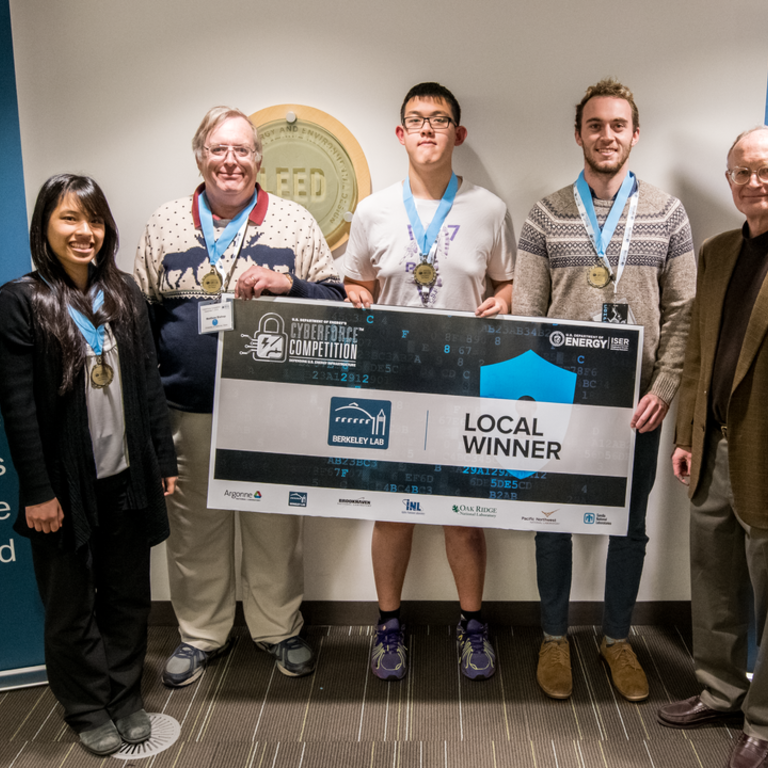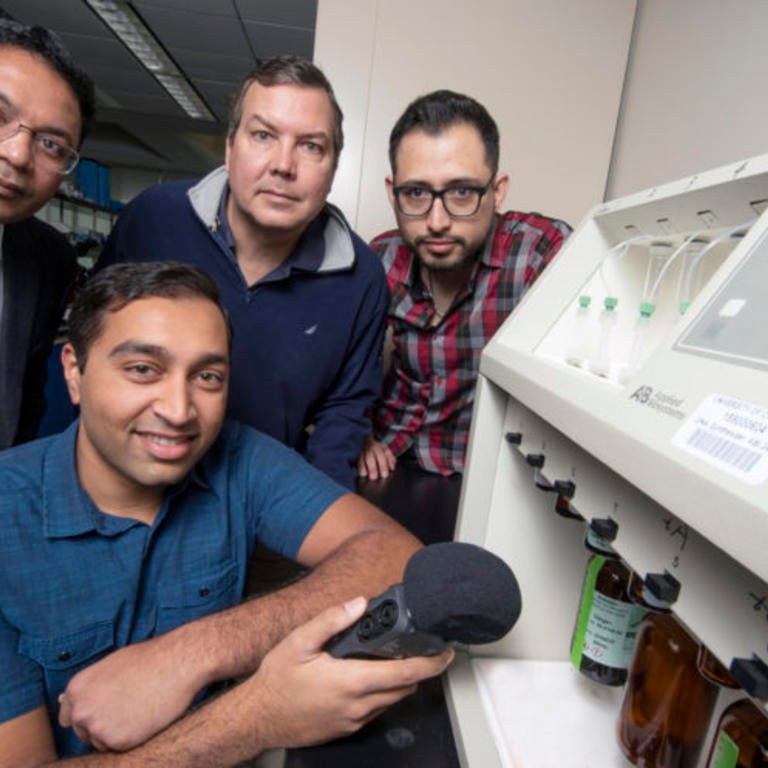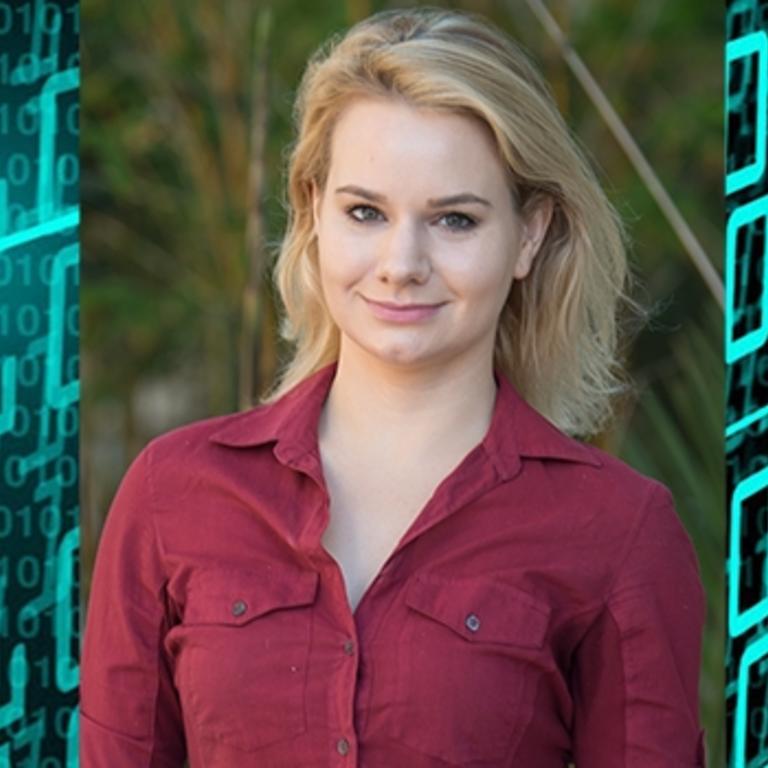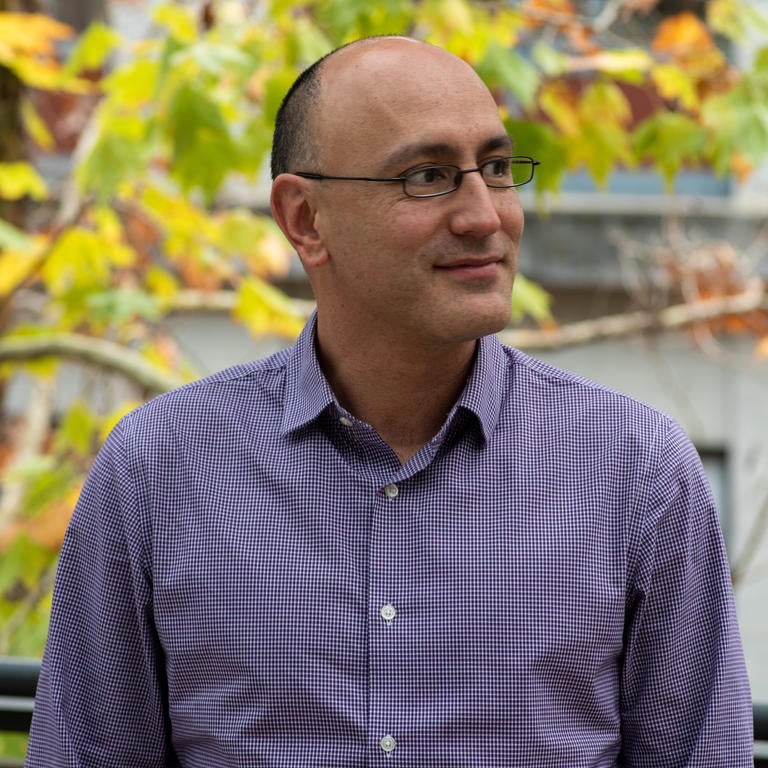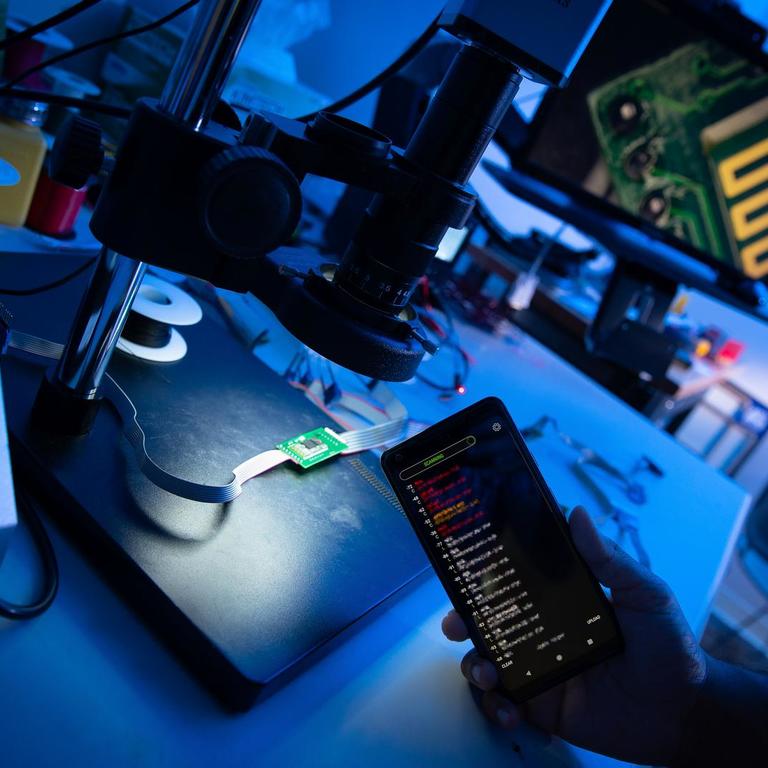Cybersecurity-CTA
Info Card - Climate and Power
Info Card - Cyber
Michael Urner is one of UC most successful engineering alumni, now on his second startup company and mentoring current UC students as they move along their own engineering paths.
As a student, he took part in the School of Engineering’s Innovation and Design Clinic (IDC), working with fellow engineering students and community partner Valley Children’s Hospital to design a better way of keeping neonatal patients breathing safely and cleanly while in incubators.
It was a passion project for him because he had often experienced childhood illnesses and wanted to ensure other children had fewer risks of health problems.
“These babies’ immune systems are not well developed, and they have underdeveloped lungs,” Urner explained. “Normally, they would get immunities from breast milk, but these babies aren’t nursing in the incubators.”
As students, Urner and his team developed a breathing mask for neonatal patients and a way to keep those masks free of bacteria that could harm vulnerable lungs. They earned a U.S. patent on the respirator and developed other products to help make hospitals safer and cleaner for premature infants. Now, Urner is heading up Tergis Technologies, a medical startup he launched in July 2017.
And each semester, Tergis partners with the School of Engineering’s premier event, Innovate to Grow, where the IDC and Engineering Service Learning teams roll out their engineering solutions to the challenges faced by business, government and nonprofit community partners.
“This will be our third semester working with Innovate to Grow. It has become an invaluable resource for Tergis,” Urner said. “Last semester, our team created a jaundice swaddle that is being produced at hospital-grade, and this semester, we are continuing to develop a device that addresses blood-stream infections associated with intravenous central lines.”
Urner said his entire college experience helped him get to where he is.
“I was allowed to double major, which gave me a unique education experience. I got to explore materials science and engineering while majoring in biology, and I worked directly with two different professors,” he said. “The experience I gained in their labs has been integral to my success and I am grateful for everything they taught me, and for the education that allows me to practice in the field of biomaterials and medical devices.”
Innovate to Grow, which started at a UC in 2012, has blossomed into an expo where dozens of student teams demonstrate how engineers can change the world by devising creative answers to problems.
“Innovate to Grow played a key role in my career trajectory, because that’s where my startups started,” Urner said.
His advice to engineering students is to follow areas that complement hobbies or subjects that are important to them.
“It's probably the best way to stay sharp and feel more confident about your decisions. If you enjoy working with simple circuits and medicine, I would recommend bioengineering. If you enjoy building structures or being in the machine shop, I would recommend mechanical engineering,” he said. “I enjoy botany and candle making, so studying molecular biology helps in the garden, and MSE helps with candle making. It may not be a lucrative endeavor, but it makes the education more personally fulfilling.”
